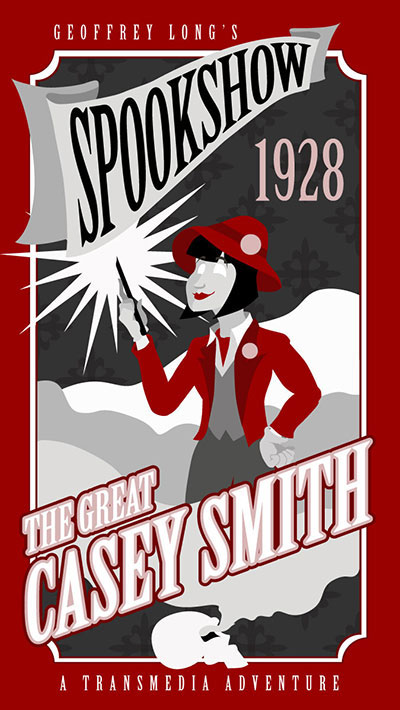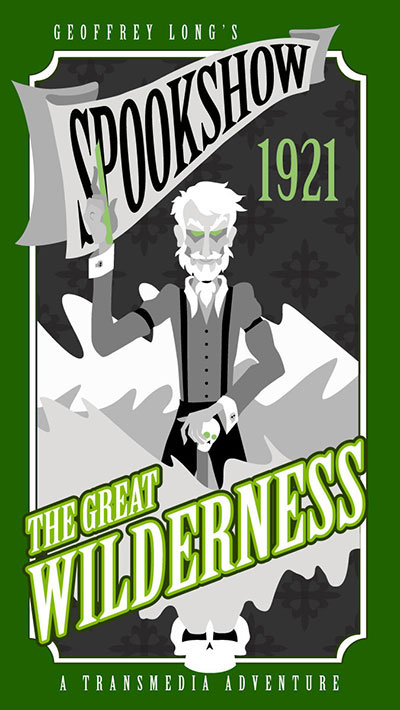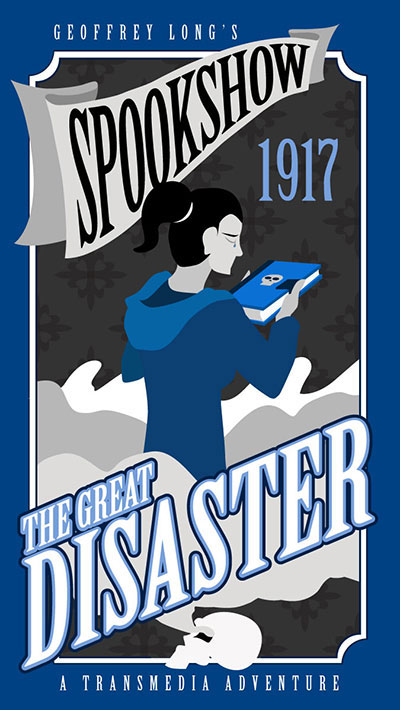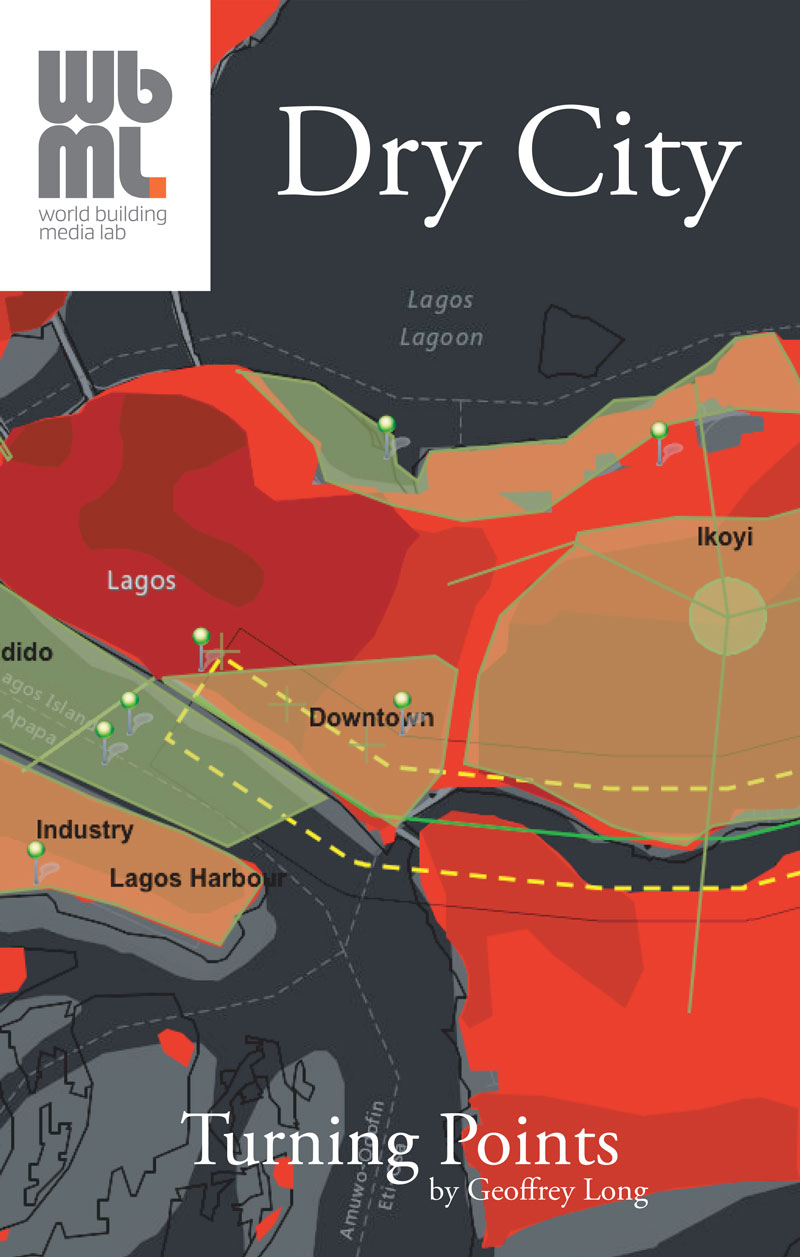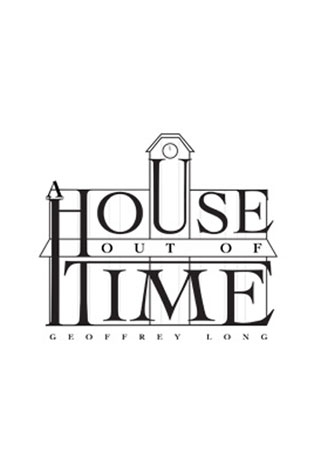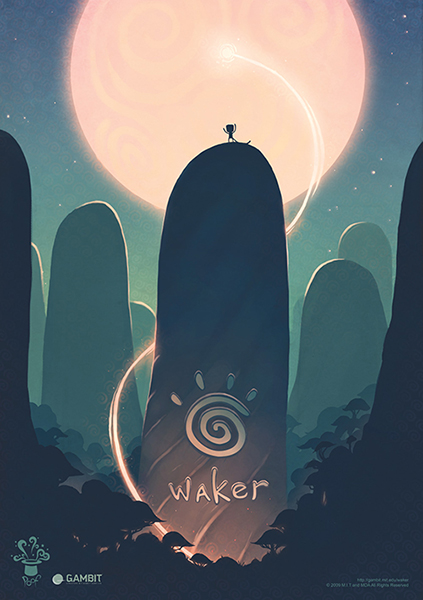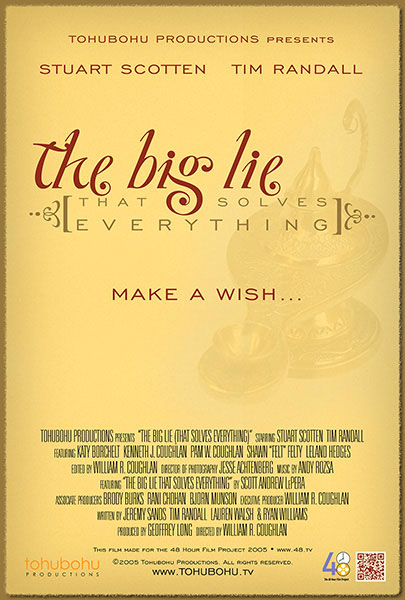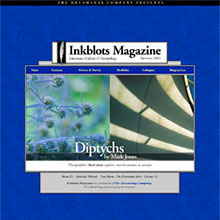 |
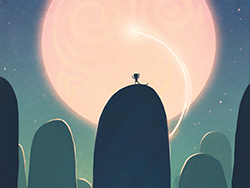
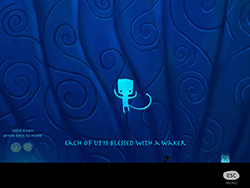
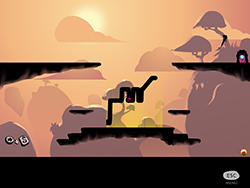 |
||||||||||||||||||||||||||||||||
|
Waker (2009)
|
||||||||||||||||||||||||||||||||
|
Waker and its sister game Woosh were two games from the Singapore-MIT GAMBIT Game Lab that were created in tandem as educational games. Waker has a narrative story, expressed through cutscenes and supported by its in-game art, while Woosh's art is entirely abstract. Both use identical gameplay to expose players to two basic physics concepts, requiring players to manipulate the graphical representations of displacement and velocity in order to navigate through the game. Researchers studied whether either the narrative or abstract form of the game is more effective in promoting student engagement with, and understanding of, the physics topics. Waker is a puzzle/platform game set in the world of a child's broken dream. As the Waker, the player uses both mind and reflexes to solve puzzles, creating platforms to form a safe path through the dream worlds. Forming the paths, however, is the trick – it is up to the player to figure out how to create each path, and to manipulate the Waker and the world to travel safely through each level. With dynamic obstacles and three difficulty modes, the game offers continuing challenges even for experienced players, while allowing beginners an easier path to the end. Come explore the world of dreams... will you awaken your dreamer, or leave her to drift forever? To play the game and experience the story I wrote and performed for the project team, visit http://gambit.mit.edu/loadgame/waker.php. Every time we dream, a path forms for us to follow. I came onboard Waker late in its development as its writer and voice actor. I took the overall story construct that the team had developed, polished it up a little, wrote the cutscenes and performed the voiceover work for them. That strange, lilting impression of a poor man's John Hurt? Yeah, that's me. Waker went on to become a finalist in the 2010 Indie Game Challenge at PAX East and was featured in the Boston Indie Showcase. It later received a polish pass for a version 2.0 from the Singaporean dev team Double I Group. The team
The tools
Waker was created in Adobe Flash.
|
